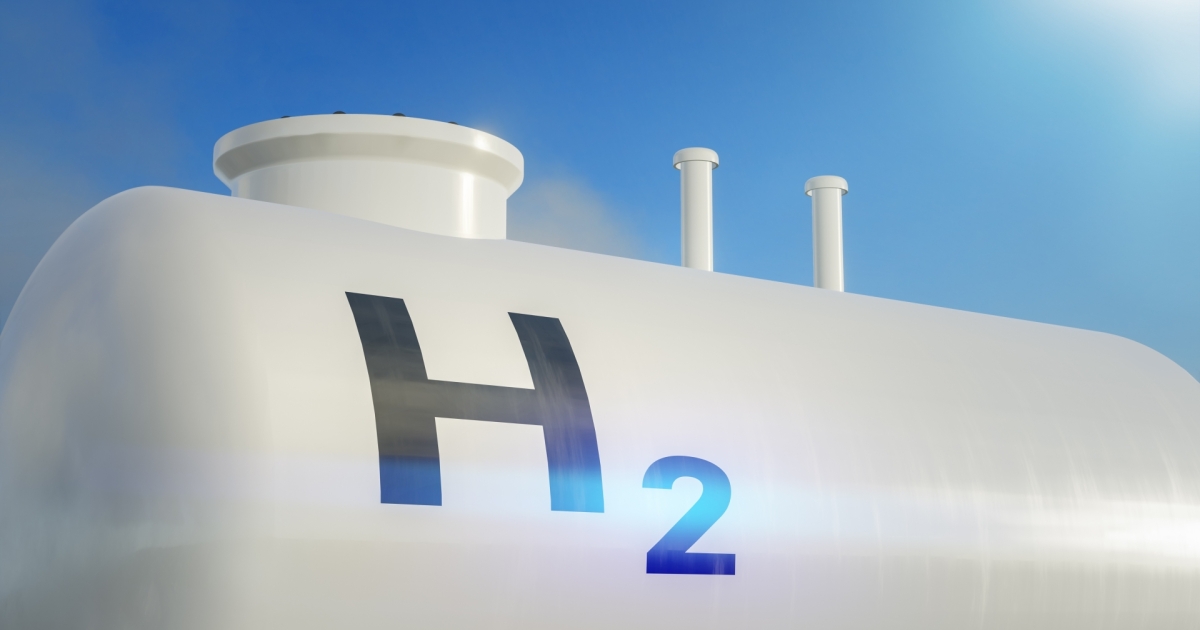Indonesia's Green Hydrogen Dilemma: Balancing Incentives and Competitiveness
Key Ideas
- Incentives like gas subsidies challenge the competitiveness of green hydrogen in Indonesia.
- The country has significant renewable energy potential to support green hydrogen production.
- Advanced electrolyser technologies can help reduce production costs and make green hydrogen more competitive.
- Government initiatives, including the launch of a hydrogen roadmap, are crucial for Indonesia's net-zero emission goal by 2060.
The Institute for Essential Services Reform (IESR) highlights the challenges Indonesia faces in making green hydrogen competitive. With identified sites for production and lower estimated costs by 2040, the country's subsidized gas prices hinder the viability of green hydrogen. Erina Mursanti emphasizes the need for strong government commitment to develop a green hydrogen ecosystem. Indonesia's vast renewable energy potential can support decarbonization efforts through green hydrogen. Despite the existing hydrogen strategy, a detailed plan for green hydrogen development is lacking. Fabby Tumiwa suggests adopting advanced electrolyser technologies to cut production costs. Indonesia aims to reduce electricity costs from renewables to drive green hydrogen competitiveness. Government initiatives, such as launching a hydrogen roadmap and setting up refueling stations, demonstrate progress towards the net-zero emission goal by 2060. The call for policies, incentives, and production targets reflects the importance of a collaborative effort to realize Indonesia's green hydrogen future.
Topics
Middle East
Policy
Renewable Energy
Technology
Energy Security
Investment
Energy Transition
Decarbonization
Carbon Pricing
Latest News
